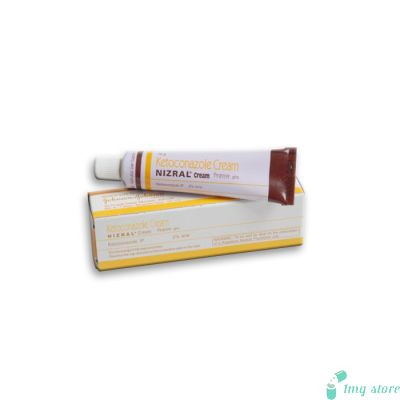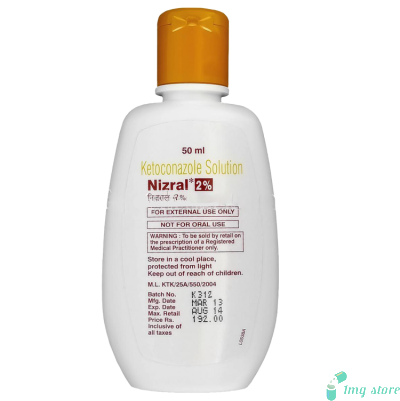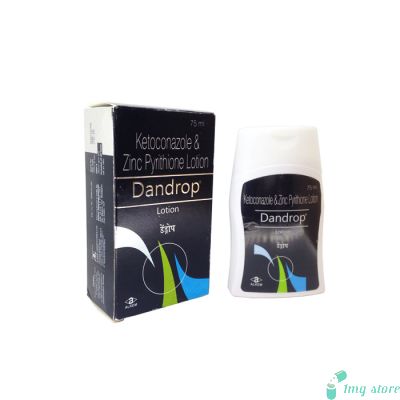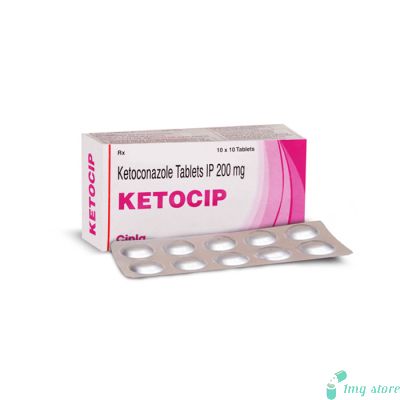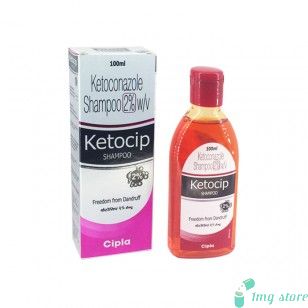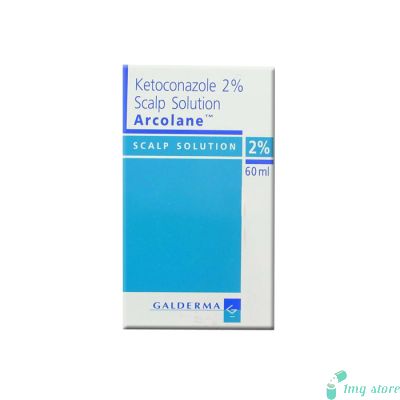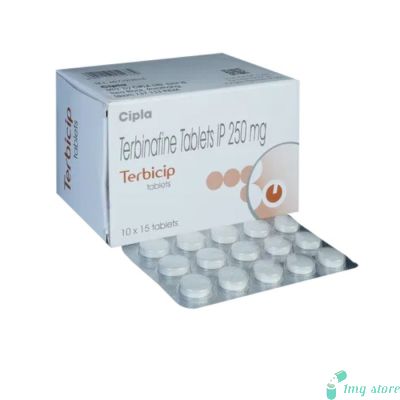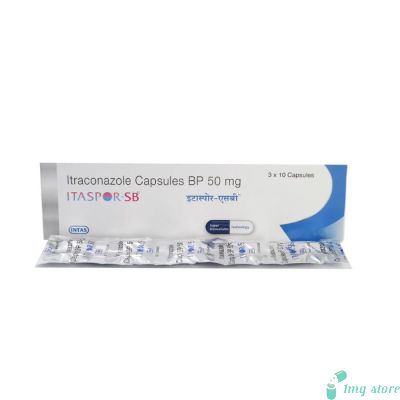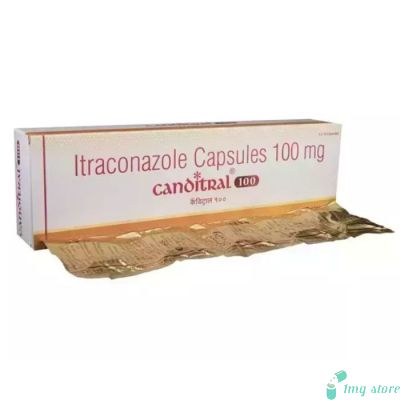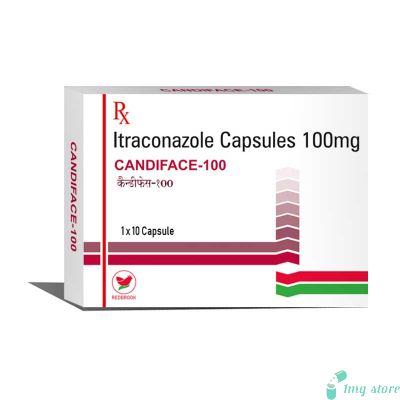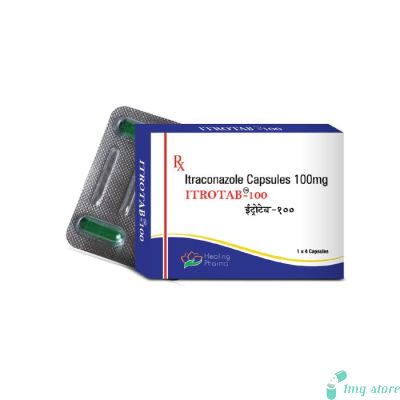Fungicide Tablet (Ketoconazole)
Buy Fungicide Tablet (Ketoconazole), In the realm of antifungal medications, ketoconazole tablets, commonly known by the brand name Nizoral, have emerged as a crucial tool in combating various fungal infections. With a potent antifungal agent at its core, ketoconazole tablets have gained recognition for their effectiveness in treating a wide range of fungal infections.
Introduction of Fungicide Tablet (Ketoconazole)
In the realm of antifungal medications, ketoconazole tablets, commonly known by the brand name Nizoral and Fungicide, have emerged as a crucial tool in combating various fungal infections. With a potent antifungal agent at its core, ketoconazole tablets have gained recognition for their effectiveness in treating a wide range of Fungal Infections. This comprehensive guide will delve into the various aspects of ketoconazole tablets, including dosage information, uses, potential side effects, precautions, and interactions with other drugs, all while highlighting its prowess as a formidable fungicide.
Mechanism of action of Ketoconazole Tablet
The mechanism of action of Ketoconazole tablets involves disrupting fungal cell membrane integrity by inhibiting the synthesis of ergosterol, a crucial component. Ketoconazole inhibits the enzyme lanosterol 14α-demethylase, impeding the conversion of lanosterol to ergosterol. As a result, the fungal cell membrane becomes weakened, compromising its structural integrity and function. This disruption impairs fungal growth and replication, effectively treating a wide range of fungal infections.
Ketoconazole Tablet Dosage:
Ketoconazole tablets are typically available in various strengths, such as 200 mg per tablet. The recommended dosage of ketoconazole tablets can vary based on the specific fungal infection being treated and the patient's medical condition. It is essential to follow the prescribing doctor's instructions regarding dosage and duration.
For many fungal infections, the standard adult dosage of ketoconazole tablets is often 200 mg once a day. However, dosages may be adjusted for severe infections or specific patient needs. Pediatric dosages may also differ based on the child's age, weight, and the nature of the fungal infection.
To ensure optimal results, ketoconazole tablets are usually taken with a meal to enhance absorption. Adhering to the prescribed dosage schedule is crucial for effectively combating fungal infections and avoiding potential drug resistance.
Ketoconazole Tablet vs. Ketoconazole Cream:
While both ketoconazole tablets and cream contain the same active ingredient, ketoconazole, they are used differently. Ketoconazole tablets are taken orally and are systemic, treating fungal infections throughout the body. In contrast, ketoconazole cream is applied topically to the skin and is primarily used for localized infections like athlete's foot and jock itch. The choice between tablet and cream depends on the type and severity of the infection.
Ketoconazole Tablet for Yeast Infection:
Ketoconazole tablets can be effective in treating yeast infections caused by Candida species. These infections include oral thrush and vaginal yeast infections. The Antifungal properties of ketoconazole target the growth and reproduction of yeast, helping to alleviate symptoms and promote healing. Consulting a healthcare professional for proper diagnosis and dosage guidance is important when using ketoconazole tablets for yeast infections.
Ketoconazole Tablet Half-Life:
The half-life of ketoconazole tablets refers to the time it takes for half of the drug to be eliminated from the body. The half-life of ketoconazole tablets is approximately 2 to 8 hours. This information is significant for determining dosing intervals and ensuring consistent levels of the medication in the bloodstream. It's important to follow the prescribed dosing schedule to maintain therapeutic levels for effective treatment.
Prior to initiating treatment with ketoconazole/Nizoral tablets, it is imperative to consider certain precautions to ensure safe and effective usage:
- Medical History: Inform your healthcare provider of your complete medical history, including any liver problems, hormonal disorders, or allergies, before starting ketoconazole tablet therapy.
- Pregnancy and Breastfeeding: Pregnant or breastfeeding individuals should exercise caution and consult a healthcare professional before using ketoconazole tablets, as certain risks and benefits need to be evaluated.
- Drug Allergies and Interactions: Communicate any known allergies and ongoing medication regimens to your healthcare provider to prevent potential drug interactions or adverse reactions.
- Liver Function Monitoring: Regular monitoring of liver function is crucial during ketoconazole treatment, particularly in individuals with pre-existing liver conditions.
- Hormonal Effects: Patients should be aware of potential hormonal effects, especially in males, and consult a healthcare provider if they experience symptoms such as decreased libido, erectile dysfunction, or changes in menstrual cycles.
Some of the specific indications for Fungicide Tablets (Ketoconazole) include
Ketoconazole tablets, under the brand name Nizoral, play a pivotal role in the treatment of a variety of fungal infections. This includes but is not limited to:
- Tinea Infections: Ketoconazole/Nizoral tablets are commonly employed to treat tinea infections, such as athlete's foot (tinea pedis), ringworm (tinea corporis), and jock itch (tinea cruris).
- Seborrheic Dermatitis: Nizoral is also utilized to manage seborrheic dermatitis, a skin condition characterized by red, itchy, and flaky skin on the scalp, face, and other body areas.
- Yeast Infections: Ketoconazole tablets can effectively combat yeast infections caused by Candida species, including oral thrush and vaginal yeast infections.
- Systemic Fungal Infections: In certain cases, ketoconazole tablets may be used to treat systemic fungal infections, which can affect various organs and pose a more significant threat to overall health.
Crucial Side Effects to Be Observed When Using Fungicide Tablet (Ketoconazole)
While ketoconazole tablets offer valuable benefits, they can also be accompanied by potential side effects. It's crucial to be aware of these effects and consult a healthcare professional if they become bothersome or severe. Common side effects of ketoconazole tablets may include:
- Gastrointestinal Distress: Nausea, vomiting, and abdominal pain are among the gastrointestinal symptoms that some individuals may experience.
- Skin Reactions: Itching, rash, and other skin reactions might occur.
- Hormonal Effects: In rare cases, ketoconazole/Nizoral tablets may lead to hormonal imbalances, including reduced testosterone levels, which could affect sexual function and fertility.
- Liver Function: Ketoconazole tablets can impact liver function, potentially leading to elevated liver enzymes. Regular monitoring of liver function is recommended during treatment.
- Allergic Reactions: While uncommon, severe allergic reactions to ketoconazole tablets may include difficulty breathing, rash, itching, and swelling of the face, lips, or tongue.
It's important to note that not everyone will experience these side effects, and many individuals tolerate ketoconazole tablets well. However, if any unusual or severe symptoms arise, seeking medical attention promptly is advised.
Answers to Common Inquiries About Fungicide Tablet (Ketoconazole)
FAQ 1: Can Ketoconazole Tablet be used to treat skin conditions other than fungal infections?
Answer: Ketoconazole Tablet is primarily used to treat fungal infections, such as ringworm and candidiasis. It is not effective for non-fungal skin conditions like eczema, psoriasis, or acne. Using Ketoconazole for non-fungal skin issues may not provide the desired results and could delay appropriate treatment. Consult a dermatologist to determine the right medication for specific skin conditions.
FAQ 2: Is it safe to take Ketoconazole/Nizoral Tablet with over-the-counter antacids?
Answer: Taking antacids containing aluminum or magnesium hydroxide may reduce the absorption of Ketoconazole. To avoid interactions, it is advisable to separate the administration of Ketoconazole Tablets and antacids by at least two hours. Alternatively, consult a healthcare professional for other antacid options that do not interfere with Ketoconazole's effectiveness.
FAQ 3: Can Ketoconazole Tablet be used for nail fungus (onychomycosis)?
Answer: While Ketoconazole Tablet is effective against various fungal infections, it is generally not the first-line treatment for onychomycosis. Topical antifungal treatments or other oral antifungals, such as terbinafine, are commonly used for nail fungus. Consult a healthcare provider for appropriate treatment options based on the severity of the infection.
FAQ 4: Can Ketoconazole Tablet interact with birth control pills?
Answer: Ketoconazole may interfere with the metabolism of certain birth control pills, potentially reducing their effectiveness. It is crucial to inform the healthcare provider about any contraceptive medications being used. They can recommend alternative birth control methods or adjust the dosage of Ketoconazole to avoid interactions.
FAQ 5: Can Ketoconazole Tablet cause drug interactions with blood-thinning medications?
Answer: Ketoconazole may interact with blood-thinning medications like warfarin, leading to increased bleeding risks. Healthcare providers should be informed about all medications being taken, including blood thinners, to adjust the dosage and monitor for potential interactions. Regular monitoring of clotting factors may be necessary during the concurrent use of these medications.
Some notable interactions with Fungicide Tablets (Ketoconazole) include:
Understanding potential drug interactions is vital to ensuring the safe and effective use of ketoconazole tablets. Certain medications may interact with ketoconazole, altering their efficacy or increasing the risk of adverse effects.
- CYP3A4 Inhibitors: Ketoconazole/Nizoral is a potent inhibitor of the CYP3A4 enzyme, which metabolizes many drugs. Concurrent use with CYP3A4 substrates, such as certain statins, anticoagulants, and immunosuppressants, may lead to elevated levels of these drugs and an increased risk of side effects.
- CYP3A4 Inducers: Drugs that induce CYP3A4, like rifampin and phenytoin, may reduce ketoconazole's effectiveness, potentially leading to inadequate treatment of fungal infections.
- Antacids and Acid-Reducing Agents: Taking ketoconazole tablets with antacids or medications that reduce stomach acid may hinder the absorption of the antifungal agent.
- H2 Blockers and Proton Pump Inhibitors: Similar to acid-reducing agents, H2 blockers and proton pump inhibitors may impact ketoconazole absorption and effectiveness.
- Certain Antidepressants: Some antidepressants, like tricyclic antidepressants and selective serotonin reuptake inhibitors (SSRIs), may interact with ketoconazole and increase the risk of adverse effects.
It's imperative to inform your healthcare provider of all medications, supplements, and herbal products you are taking to prevent potential interactions.
| Manufacturer | : | Torrent Pharma, India |
| Equivalent Brand | : | Nizoral |
| Generic Search | : | Ketoconazole |









